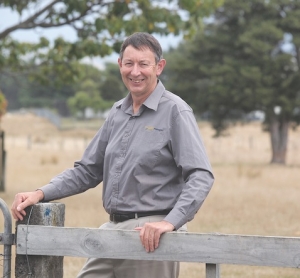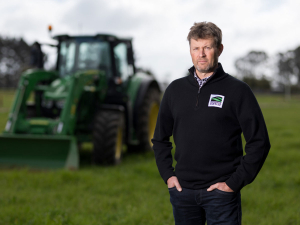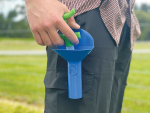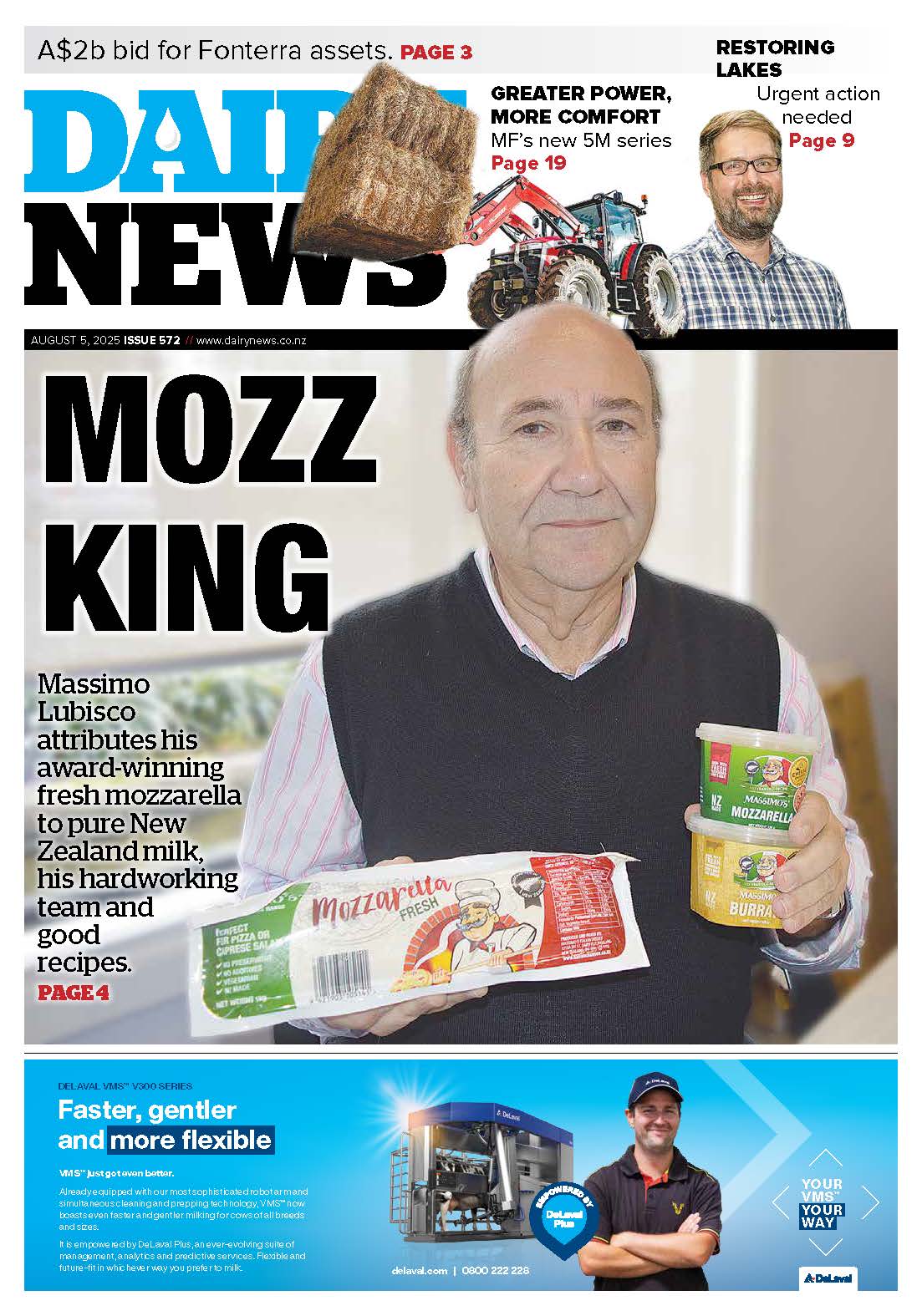For dairy farmers, feed reserves may be run down. Rebuilding these in the following year will add more costs – another financial setback.
So the year after a drought, more than ever, farmers are likely to need seasonal finance. Bank managers, shareholders and directors – if it is a corporate structure – need to be told and reminded about the farming operations, their financial status and future plans.
Unless interested parties are properly informed they are going to assume the worst. To show that you have a plan for recovering from the drought is critical.
Moreover, if you are speaking with your bank manager, providing evidence of a cashflow budget and regularly updating it with factual information (budget revision) can help farmers negotiate much lower interest rates because the personal risk is lower. This can easily make a difference of 1%: this means $10,000 less per year for a $1 million dollar mortgage – an achievable target.
Maintaining a budget does not demand that the numbers be set in stone. In fact, ‘budgets’ should be called ‘models’ because they factor in different scenarios based on information on hand. This information can and does change over time. During drought this is even more prevalent because of the many extra decisions required outside the usual farming cycle – decisions that have huge implications for cash flow.
Revised budgets are also important for an accountant who can provide farmers tax advice to smooth out the bumps that can arise following drought periods. An early discussion with your accountant is worthwhile. They can’t advise you properly unless they have a good understanding of what is happening at the farmgate.
Because farmers are likely to have sold capital livestock during a drought, tax will need to be paid. But the following year there may be no tax to pay. It doesn’t make much sense paying a lot of tax one year then getting a refund the next, especially when you probably need the cash in both years. Evening out the cashflow will help reduce pressure on the farm.
Worst of all is delaying an important decision because of worries about its financial effect. Sometimes it’s better to make a few tough calls and work your way through them.
Timing is critical during a drought and having an up-to-date budget makes it easy to plug in a new ‘bright idea’ and see the big-picture impact. Leading farmers report they always consult their revised (up-to-date) budget before making decisions.
Who knows, you might also plug a scenario into your budget and the result might be better than you thought. One thing is certain: unless you step back and look at the big picture you will never know.
• Brian Eccles is chief executive of Cashmanager RURAL.
















